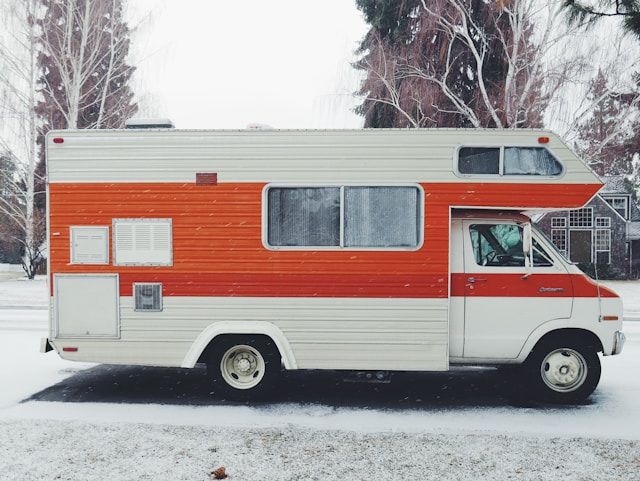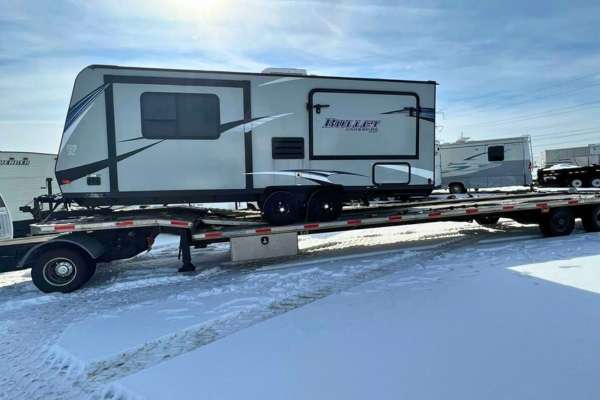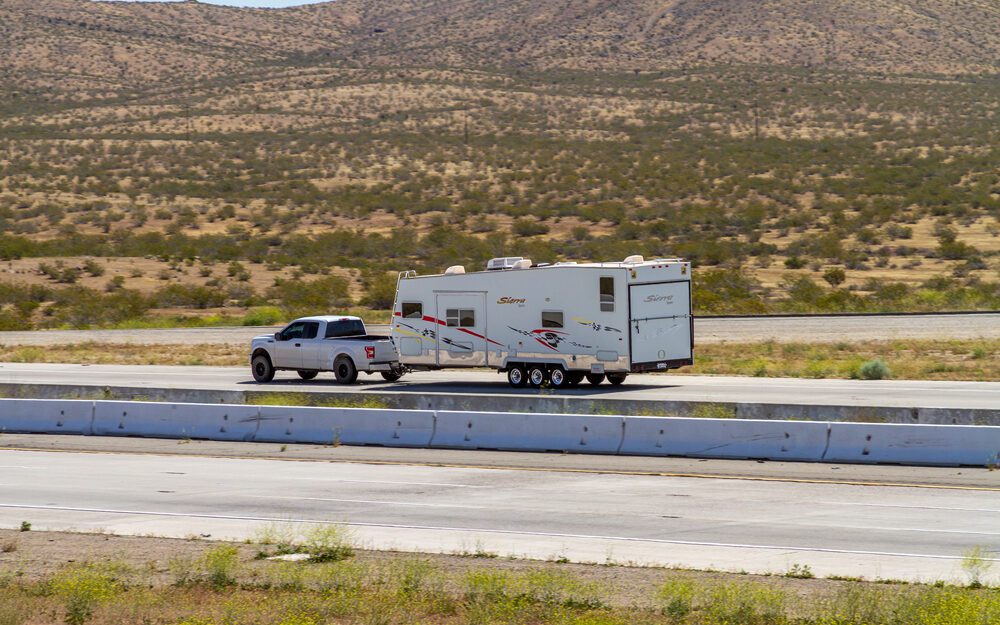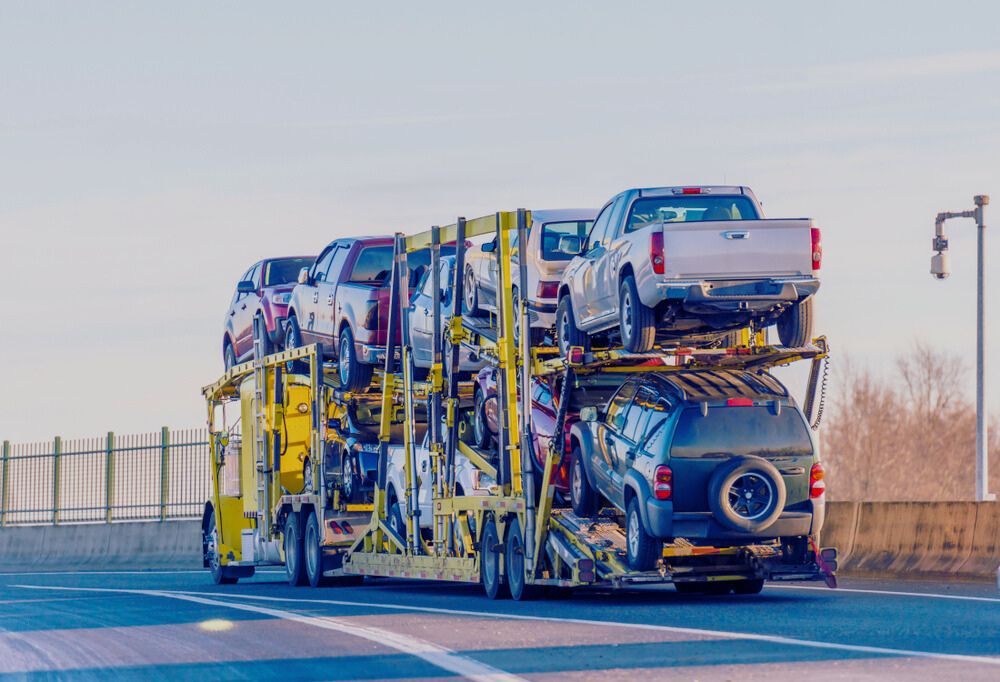Pros and Cons of Hiring RV Movers

Moving your RV can be a challenging task, especially if you are planning a long-distance trip. When faced with the decision of hiring professional RV movers versus taking on the move yourself, there are several factors you can consider to help make that call.
Navigation
Do It Yourself: Pros And Cons Of Moving Your RV By Yourself

Opting for a do-it-yourself (DIY) move can offer a cost-effective solution, particularly if you are comfortable with driving and navigating your RV. It allows you to have more control over the moving process and can potentially save you money. However, it’s essential to consider additional expenses such as fuel, supplies, and any unanticipated challenges that might crop up during the journey.
Pros Of DIY RV Moving
Cost-effective: Can save money by handling the move independently.
Control: You have full control over the moving process and timeline.
Experience: If you are comfortable driving and maneuvering your RV, DIY moving can be a viable option.
Cons Of DIY RV Moving
Costs: Need to consider expenses like fuel, supplies, and unexpected issues. Hidden costs such as renting equipment or hiring help for heavy items can add up quickly.
Safety concerns: Without professional training, there is a higher risk of accidents or damage during transit. Improper transport techniques can lead to personal injuries.
Pros and Cons Of Hiring Professional RV Movers

When it comes to moving your RV, hiring professional movers offers a range of benefits. One key advantage is the convenience they provide. Professionals come equipped with the necessary expertise and tools to handle the move efficiently, saving you both time and effort in the process. This convenience can make the entire moving experience a lot smoother and less stressful for you.
While the cost of hiring professional RV movers may be higher compared to a DIY approach, the investment can be well worth it for the peace of mind it brings. Knowing that your RV is in the hands of trained professionals who prioritize safety and security can provide reassurance and confidence throughout the moving process. Their expertise ensures that your RV is transported safely, reducing the chances of damage or accidents during transit.
Pros Of Hiring RV Movers
Insurance coverage: Professional RV movers often provide insurance coverage for your vehicle during the transport, giving you added protection and peace of mind in case of any unforeseen incidents.
Convenience: Professionals have the expertise and equipment for an efficient move, saving you time and effort.
Expertise in route planning: Professional movers are experienced in planning the best routes for transporting RVs, considering factors like road conditions, traffic, and potential obstacles, ensuring a smooth and efficient journey for your vehicle.
Cost-effective: While it may seem like an added expense upfront, hiring professional RV movers can actually be cost-effective in the long run. They can help prevent costly damages to your RV that may occur during a DIY move.
Time-saving: Professional RV movers can efficiently handle all aspects of the RV move, from packing and loading to transport and unloading, saving you valuable time and allowing you to focus on other important aspects of your move.
Customized services: Professional RV movers often offer a range of services tailored to your specific needs, whether you require storage options, vehicle towing, or specialized handling for delicate RV features. This customization ensures that your unique moving requirements are met with precision and care.
Cons Of Hiring RV Movers
Cost: Professional services can be more costly, but making your budget for the move more predictable.
Less Control: You may have less control over the the exact timing of moving process compared to doing it yourself.

Factors To Consider When Transporting Your RV Across The Country
When transporting an RV across the country, the challenges and distances of specific routes can greatly influence your decision-making. Some routes may have steep inclines, narrow roads, or challenging weather conditions, which can make the journey more difficult. Additionally, the length of the route can impact the overall time it takes to transport your RV to its destination. Longer routes may require more frequent stops for rest and fuel, adding to the complexity of the move. It’s essential to research and plan your route carefully to ensure a smooth and safe journey for you and your RV.
Safe Towing And Driving Tips For Different Types Of RVs
Consideration of the type of RV is crucial when planning a move. Different types of RVs, such as RV trailers, camper trailers, travel trailers, or motorhomes (Class A, B, C), each come with their own set of requirements and challenges. RV trailers, for instance, may need to be hitched and towed, while motorhomes require special driving skills. Understanding the specific needs of your RV type will help in determining the logistics of the move, such as the size of the moving vehicle needed, any additional equipment required, and the expertise necessary for safe transport.
RV Trailers
If you are towing an RV, be sure to know the towing capacity of your vehicle and ensure it can handle the weight of the RV. Check the hitch and make sure it is compatible and properly installed. Distribute the weight evenly inside the RV to prevent swaying or instability while on the road. Make sure all tires are properly inflated and in good condition to avoid blowouts. Additionally, always double-check that all lights and signals are working correctly on both the RV and the towing vehicle for visibility and safety. If you are uncertain about your ability to handle towing the RV yourself, opting for a professional RV mover is a wise choice.
Motorhomes
When preparing to drive a Class A, B, or C motorhome long distance, it is crucial to be aware of the size and weight of the motorhome, as they can significantly impact your driving experience. Take into account the height, width, and length of the vehicle, as well as any weight limitations to avoid potential hazards on the road.
Plan your route ahead of time, taking into consideration roads that are suitable for larger vehicles, such as highways and wide, straight roads with minimal obstacles. Make sure to schedule regular rest stops to prevent driver fatigue and stay alert behind the wheel. If you choose professional RV movers, you can have peace of mind knowing that a transport specialist will handle the route planning for you.
Final Thoughts On RV Movers
Ultimately, your decision should be based on your:
Budget: Consider the costs involved and how they fit into your budget.
Timeline: Evaluate if you have the time and resources to manage the move yourself.
Comfort level: Assess your confidence in driving and handling your RV.
Remember, whether you choose professional movers or DIY moving, thorough planning and preparation are essential for a successful relocation.


